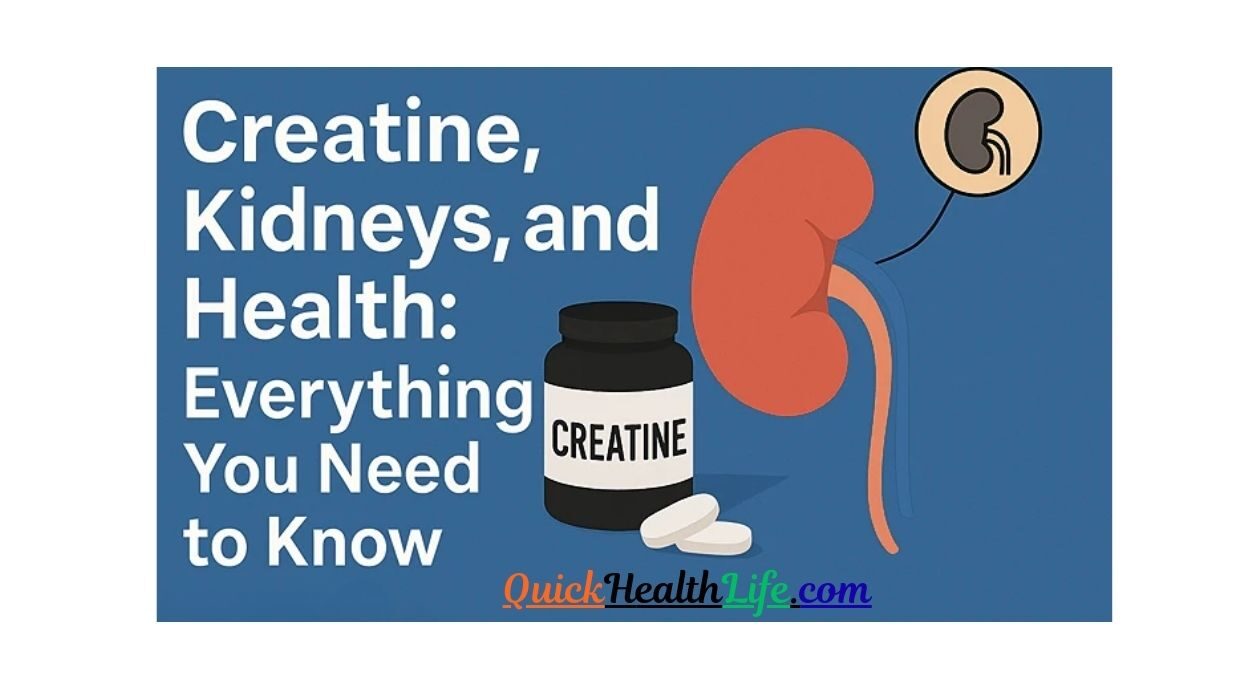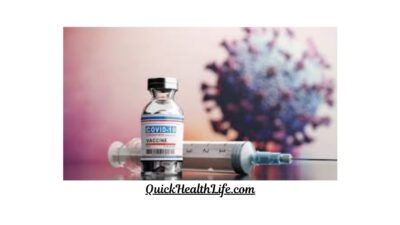Creatine is one of the most popular and researched supplements in the world. Athletes, gym lovers, and even older adults use it to improve strength, recovery, and energy. But at the same time, many people fear it might damage their kidneys.
In this article, I will share the truth about creatine and kidney health using science-backed facts in simple words. If you are looking for creatine kidney health, safety, myths, long-term effects, and research studies, this guide will give you all the answers.
Table of Contents
Common Myths About Creatine and Kidney Health
❌ Myth 1: Creatine damages kidneys
🔍 Fact: No. Research proves that creatine does not damage healthy kidneys. The confusion comes because creatine increases a blood marker called creatinine, which doctors use to check kidney function. But this rise is normal and not a sign of kidney injury.
❌ Myth 2: Long-term creatine use is unsafe
🔍 Fact: Studies lasting 5–10 years show no harmful effects on kidney function in healthy people. Athletes who used creatine daily had perfectly normal kidney test results.
❌ Myth 3: Creatine is a steroid
🔍 Fact: Creatine is not a steroid. It is a natural amino acid compound that helps in energy production. Steroids affect hormones, but creatine does not.
❌ Myth 4: Creatine is only for bodybuilders
🔍 Fact: Not true. Creatine benefits not only athletes but also older adults, patients with muscle weakness, and even people with brain health issues.
Creatine and Kidney Function
There are more than 500 published research papers on creatine. Almost all conclude that:
- In healthy individuals, creatine does not harm kidney function.
- Kidney markers like serum creatinine, BUN, and eGFR remain within safe ranges.
- Even long-term use (5 grams daily for years) shows no kidney damage.
📌 Important Point: If someone already has kidney disease, they should avoid creatine unless prescribed by a doctor.
Natural Sources of Creatine
Creatine is naturally found in animal-based foods.
| Food Source | Creatine Content (per 1 kg) |
|---|---|
| Beef | ~4.5 g |
| Pork | ~5.0 g |
| Salmon | ~4.0 g |
| Tuna | ~4.0 g |
| Cod | ~3.0 g |



